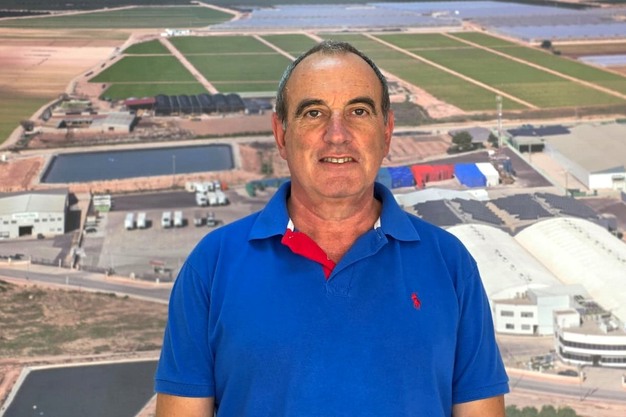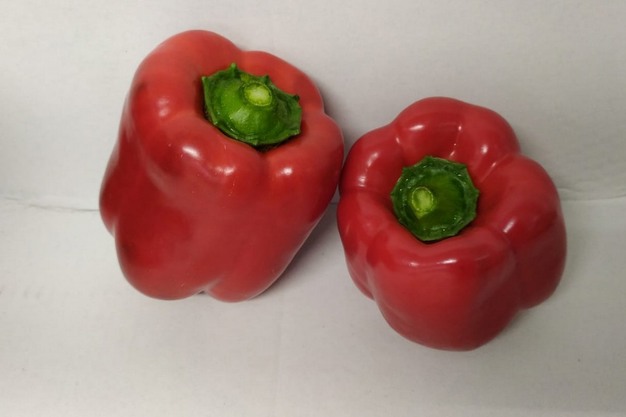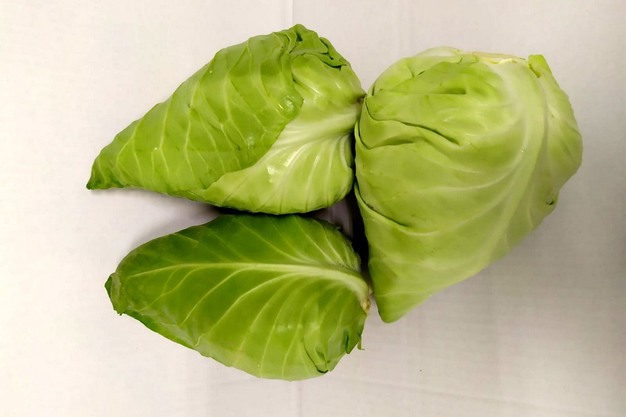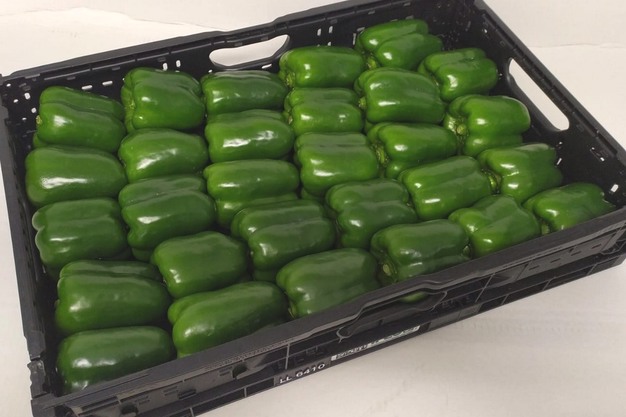According to EU policy, organic farming should account for 25% of member states' production by 2030. However, purchasing centers are pushing for prices to be brought down closer to those of conventional products. This has led to a decrease in the number of organic growers who, facing higher costs, are unable to cover their expenses.
"Every year, we are faced with new challenges related to both water and pests. Water is a political issue, but pests are natural phenomena that have to be dealt with. In organic farming, seeds are becoming more and more resistant to different threats, but this goes hand in hand with higher costs and productivity losses," says Hortamira Sales Director Pascual Blanco.
 © Hortamira
© Hortamira
"Although the limits in conventional crops are becoming stricter every year, their producers will always have more weapons at their disposal to combat pests. This also makes them more economically accessible to the consumer, so it's unlikely for their prices and those of the organic to end up at the same level," says Blanco.
According to Blanco, "organic products are more expensive at every step, with the seeds, the lower productivity, and crop management all bringing the costs up. We struggle daily with clients who are getting stronger and bigger every day, but still want to buy organic at a similar price to the conventional."
"However, to be profitable, organic products need a minimum price difference of 35%. With their unwillingness to pay that, they are encouraging the migration from organic to conventional farming," says Blanco.
 © Hortamira
© Hortamira
"The growers who migrate won't come back, because after spending three years with organic production costs, they will still have to sell the product as conventional. Some time ago, it was more profitable, but this has changed a lot in the last four years. We will see where this reconversion of agriculture will take us," says the manager.
 © Hortamira
© Hortamira
"Certifications cannot be a business"
Something that is "absurd", according to Blanco, "is to value certifications such as IFS, Global Gap, or BRC more than the quality of the product. Regulations have to be complied with, but certifications cannot be a business that reduces the profitability of production."
"The sensible thing would be to have a unified mandatory standard when it comes to quality and not a continuous certification. In the end, we producers are going through audits all year round, paying for bureaucracy, and when one is fulfilled, another more demanding one appears," says the manager.
 © Hortamira
© Hortamira
Product trends are really volatile, but a distinction needs to be made between production and demand, according to Blanco. "Organic lemon has grown a lot in recent years, and now we are in a phase of decline. The EU is aiming for organic consumption to be 25% higher than conventional, but there needs to be a client willing to pay the price of organic products."
As far as biodynamic cultivation is concerned, "we have given up on it in our area because, in some crops, this method is impossible to apply. We have been trying for more than 10 years, but these are techniques from Central Europe that are not well-adapted to our warm region," says the executive.
80% of Hortamira's production is organic, with the main crops being zucchini, mini Romaine, lemon, broccoli, celery, iceberg lettuce, red cabbage, bell peppers (its biggest product), stone fruit, and pumpkins. It handles some 40 million kilos every year, intended for traditional markets and supermarkets across Europe, especially France and Germany. 350 people are employed by the firm at seasonal peaks.
For more information:
Pascual Blanco
Hortamira
Tel.: +34 968 174 192
Tel.: +34 629 632 170
[email protected]
www.hortamira.com
